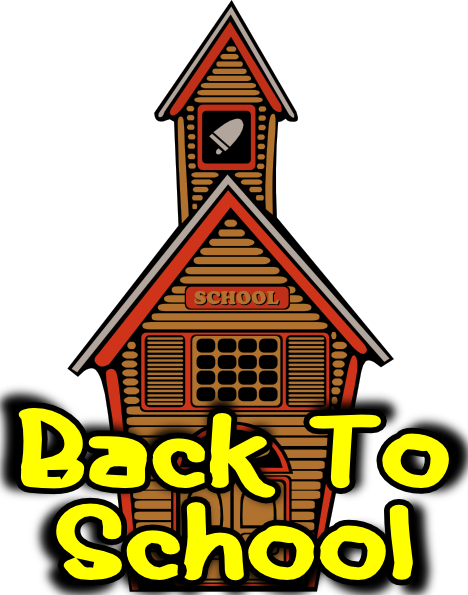Homes by Schools seem to be one of the most important criteria for Home Buyers with children. The difficulty for us as Realtor’s is that we have to be very careful in the discussion of this school verses that  school when it comes to advise to our home buyers. It is unethical to discuss our opinions regarding schools and school choices for a home buyer in a particular neighborhood, so I thought these tips may help home buyers and agents alike to share with their home buyers so they may gather the proper information and plan ahead when choosing schools for their children. I hope this helps, enjoy!
school when it comes to advise to our home buyers. It is unethical to discuss our opinions regarding schools and school choices for a home buyer in a particular neighborhood, so I thought these tips may help home buyers and agents alike to share with their home buyers so they may gather the proper information and plan ahead when choosing schools for their children. I hope this helps, enjoy!
7 proven tips to shop for your first home with an eye on schools
Among the criteria first-home buyers consider when evaluating homes to purchase, being near good schools shows up near the top of the list. After all, many first-timers are young couples that plan to have children or have already graduated to that phase of life. Even buyers without children are often concerned about the quality of schools. They know property values often reflect the reputation of local schools — both public and private — and that a home near good schools may be easier to sell later on.
1. Plan Ahead
It pays to look at schools early in the house-hunting process so you can narrow your focus to particular neighborhoods. Consider the following approaches and available resources for determining whether a school or school district is right for you and your children — or those you’re planning to have.
2. Get An Overview
You can tap the resources of several organizations to find out what schools are available in a particular area and how they rank compared with others in the system, the state and the nation. Check out these resources online:
www.GreatSchools.net
www.SchoolDataDirect.org
www.SchoolMatch.com (fee required for reports)
Also check the web site for your state’s Board of Education to see if school reports are posted online.
3. Identify The District
It’s easy to find out what public school district a home is in — the information is nearly always included in the multiple listing service (MLS) property listing, available through your agent. Note, however, that school boards frequently re-draw districts. To help ensure a home is likely to remain in a particular district, you may want to find out how close it is to district lines — being central to a district increases your chances of staying in it. Contact the local board of education (or search online) to obtain a district map.
4. Go To The Source
Also ask the local board for any information available about the school system, special programs, etc. Many boards will provide you with standardized test scores, often broken down for each school and subject area. Private schools often provide test-score information and college-placement statistics as well.
5. Define Your Idea Of ‘Good’
Good for one child may not be so good for another. If you’re already a parent, the first step is taking an honest look at your child’s educational needs. Is he or she average, exceptional, or is there a learning disability to consider? What are the student’s interests and natural abilities? Cerebral? Artistic? Athletic? It won’t matter that a school is tops in math and science if your child’s educational focus is in language and fine arts. Identifying your child’s individual needs will help determine the types of programs and educational approaches you’re looking for in a school.
Take a look at the programs that would most interest or benefit your children. Is the local public school strong in those areas? If not, there may be good private-school alternatives in the vicinity.
Keep in mind that what you see on paper may not provide a complete picture of the school, its resources and the capabilities of its educational staff.
6. Interview The Neighbors
Perhaps the best way to investigate a school is to talk with parents whose children attend. Visit neighbors in the area and ask them to be candid about what they like and dislike about local schools.
7. See For Yourself
If you’re a parent, make plans to visit the schools you are interested in. Schedule appointments with the principal and some of the teachers in your child’s grade. Inquire about school policies and procedures. Discuss your child’s strengths and weaknesses, asking how the school would handle them.
Once you’ve gone through these 7 steps, you’ll have a good idea of the neighborhoods you want to consider buying your first home in. Call me to help you find it fast!

